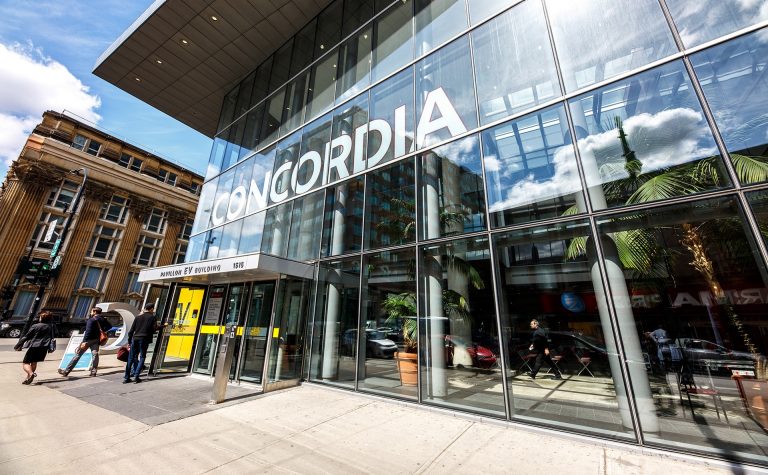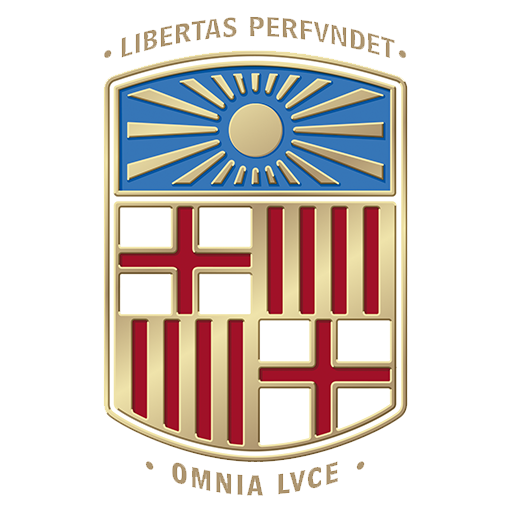The Master of Science (MSc) program in Physics at Concordia University is designed to provide students with advanced knowledge and research skills in the field of physics. The program focuses on theoretical and experimental aspects of physics, allowing students to engage in cutting-edge research and contribute to the field's advancements.
Here is a general overview of the MSc program in Physics at Concordia University:
Core Courses: The program typically includes a set of core courses that cover fundamental areas of physics. These courses may include topics such as quantum mechanics, classical mechanics, electromagnetism, statistical mechanics, and solid-state physics. The core courses provide students with a strong foundation in theoretical and experimental physics.
Elective Courses: Students have the opportunity to choose elective courses based on their specific interests and research goals. These elective courses cover specialized areas within physics, such as astrophysics, particle physics, condensed matter physics, biophysics, or nuclear physics. Students can tailor their course selection to their particular areas of interest or specialization.
Research and Thesis: The MSc program emphasizes research, and students are typically required to complete a research thesis as part of their degree requirements. Under the guidance of a faculty advisor, students conduct independent research in a specific area of physics. They formulate research questions, design experiments or theoretical models, collect and analyze data, and present their findings in a thesis document. The research component allows students to contribute to the existing body of knowledge in physics and develop their research skills.
Laboratory Work: Students engage in laboratory work as part of their coursework or research. The laboratory work provides hands-on experience with experimental techniques, data analysis, and instrumentation relevant to their area of study. Students may have access to state-of-the-art laboratory facilities and equipment.
Seminars and Colloquia: The program may offer seminars and colloquia where students and faculty members present and discuss their research findings. These events foster intellectual exchange, allow students to stay up-to-date with the latest advancements in physics, and provide opportunities for networking and collaboration.
Professional Development: The program may offer professional development opportunities, such as workshops on scientific writing, presentation skills, and career planning. Students may also have the chance to participate in conferences or publish their research findings in scientific journals.
It's important to note that the specific course offerings, research opportunities, and requirements may vary between academic years. For the most accurate and up-to-date information regarding the MSc program in Physics at Concordia University, I recommend referring to the official Concordia University website or contacting the Department of Physics.
Show less














